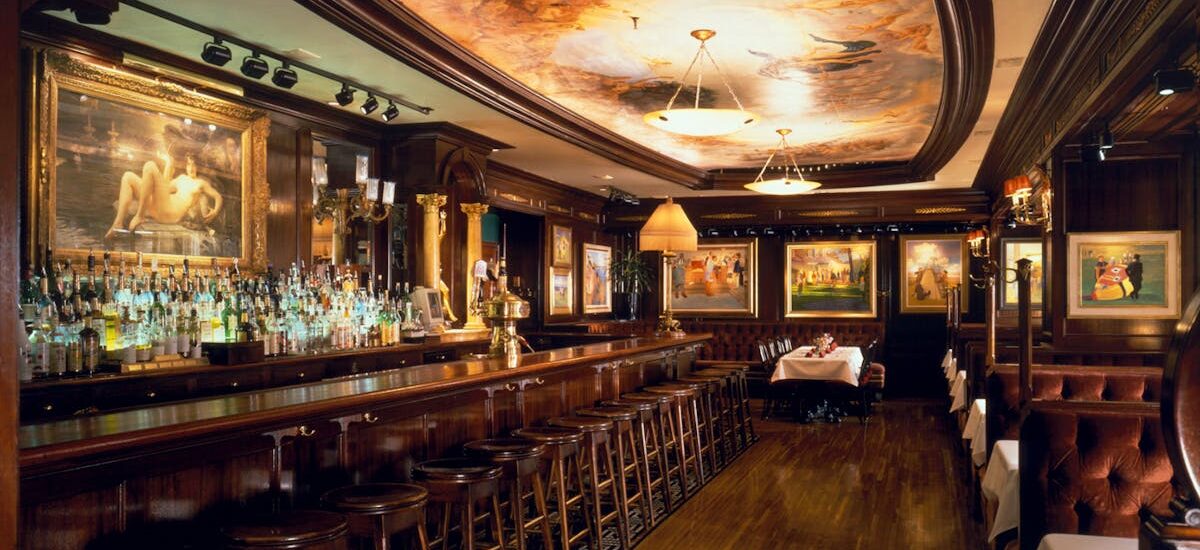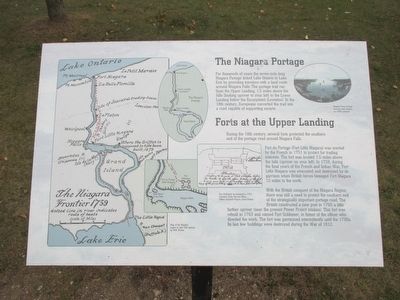Welcome to the historical Old Ebbitt Grill, a cornerstone of Washington, D.C.’s culinary and cultural landscape. This iconic tavern, known for its Victorian-style atmosphere and American cuisine, holds the prestigious title of being the oldest bar and restaurant in the city. Established within the Ebbitt House Hotel, initially unnamed, it began serving guests as early as the 19th century. The hotel itself was notable for being the first in Washington, D.C. to remain open throughout the summer, a testament to its dedication to hospitality.
In 1856, William E. Ebbitt transformed what was once the Frenchman’s Hotel into Ebbitt House, a boarding house that later evolved into a full-fledged hotel under the guidance of Caleb C. Willard. This establishment became a social hub, welcoming an array of politicians and celebrities over the decades. The likes of Presidents Ulysses S. Grant, Andrew Johnson, Grover Cleveland, Theodore Roosevelt, and Warren Harding were known to frequent the establishment.
In 1925, the original Ebbitt House Hotel was razed to make way for the National Press Building, prompting the restaurant to relocate and eventually become a standalone entity. It was during this period of transformation in the 1920s that the name “Old Ebbitt Grill” began to take hold. The restaurant continued to thrive, moving to its current location at 675 15th Street NW in 1983, where it remains a beloved destination for both locals and tourists alike.
One of the most celebrated events hosted by Old Ebbitt Grill is the annual Oyster Riot, which began in 1995. This event celebrates the rich tradition of oyster farming and has become a fixture of the D.C. social calendar, drawing crowds who revel in the combination of fresh oysters and fine wines.
Today, Old Ebbitt Grill is not only a restaurant but a living piece of history, echoing the stories of the many distinguished figures who have walked its halls. It continues to play an essential role in Washington, D.C.’s dining scene, offering a unique glimpse into the past while serving as a vibrant gathering place in the present.



